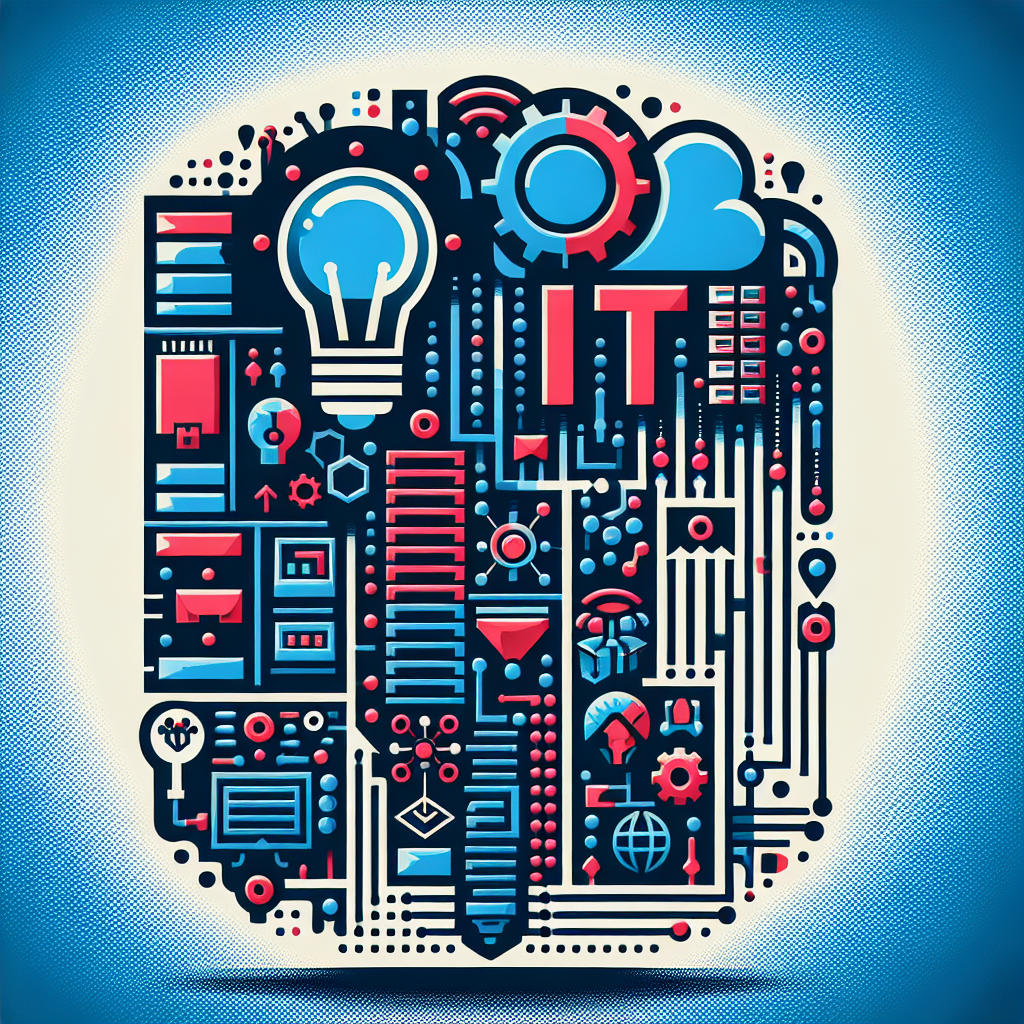Introduction
At the heart of the digital economy lies a natural tendency to commercialize a set of rapidly developing digital technologies and solutions. These are not merely “new” technologies but rather innovations experiencing explosive growth. Key among these are automation and artificial intelligence (AI).
The Evolution of Automation and AI
Automation, with its foundations laid relatively long ago through continuous and analog control systems, has seen a significant expansion through the development of discrete and digital control systems. These systems have become integral not only to our business environments but also to our daily lives.
Artificial intelligence, another long-standing concept, is witnessing a profound realization and limitless practical incarnations. The idea, traceable to Alan Turing’s work, had long been in practical implementation at a level of interest primarily to a select group of scientists, engineers, and investors. Meanwhile, in popular culture, AI has been a staple of intense exploitation through science fiction. Consider the 2001 film A Space Odyssey and the infamous HAL 9000, or the Terminator series, which explores the idea of AI turning against humanity, leading to Judgment Day.
Understanding the Fear Surrounding AI
Given this backdrop, it is perhaps unsurprising that the rapid development of AI induces considerable anxiety and fear, not only among ordinary people but also among some intellectuals, scientists, and engineers. Therefore, it is essential to shed light on this field from the perspective of those who develop AI or implement its applications.
AI’s Potential for Positive Impact
Like any technical innovation, AI is designed to aid individuals and human civilization. For instance, in the field of healthcare, AI algorithms are revolutionizing medical imaging by detecting diseases like cancer at early stages with remarkable accuracy. Google’s DeepMind has developed an AI system that diagnoses over 50 eye diseases, matching the performance of top doctors. Similarly, IBM Watson assists oncologists in creating personalized cancer treatment plans, demonstrating AI’s potential to enhance human capabilities and improve patient outcomes.
In environmental conservation, AI is playing a crucial role in mitigating climate change and protecting wildlife. Google’s AI-driven energy management system has reduced energy consumption in its data centers by 40%, showcasing the potential for AI to drive sustainability. Additionally, AI-powered drones and camera traps used by the Wildlife Conservation Society help monitor endangered species, illustrating AI’s positive impact on biodiversity preservation.
Historical Lessons and Cautionary Tales
However, history and practice have shown that every significant discovery and technological breakthrough can also be utilized for destructive purposes. The Industrial Revolutions (1, 2, and 3), despite massive wealth growth, ease of life, and elevated standards of living, also brought severe ecological problems: biodiversity threats, climate change, and pollution affecting every individual on the planet. The harnessing of nuclear energy, despite its positive applications in energy and medicine, also led to disasters like Chernobyl and Fukushima and brought the world to the brink of survival during the Cuban Missile Crisis.
Such previous experiences teach us to be sober and cautious regarding AI. This platform emphasizes the positive aspects of AI’s rapid development and advocates for its use. In light of the modern information society, where an enormous amount of information is generated exponentially, it becomes clear that as human beings, no matter how much we invest in education and training in digital and communication skills, we struggle to keep pace. This can lead to disorientation and fatigue.
The Essential Role of AI in Modern Life
Hence, digital assistants and a range of AI solutions are not just useful but essential. They help us navigate the overwhelming “white noise” of information and events. For instance, AI-driven virtual assistants like Bank of America’s Erica help manage customer inquiries efficiently, though this also raises concerns about job security for human employees.
It is essential to highlight that AI, at its core, is designed as a technical solution that changes by mimicking our thinking and reactions. Therefore, over time, we can expect AI to adopt many of our characteristics—both good and bad, including destructive and selfish traits. For example, the COMPAS algorithm used in the U.S. criminal justice system has faced criticism for bias against African American defendants, highlighting the potential for AI to perpetuate existing societal biases.
The Mutual Evolution of AI and Humanity
Moreover, it is evident, though less discussed, that just as we change AI, AI changes us. Our daily interactions with AI lead us to modify and adapt our neural networks based on these experiences. In terms of our consciousness and psyche, this marks the beginning of a new evolutionary step where we ourselves will be changed.
The Importance of Open Dialogue and Regulation
Therefore, it is crucial to openly discuss all implications and possible scenarios to guide the development of AI better and more securely. By doing so, we can create sustainable regulations in this field and make society more willing to embrace AI not just as an inevitability but as something we have a decisive influence on.


Leave a Reply